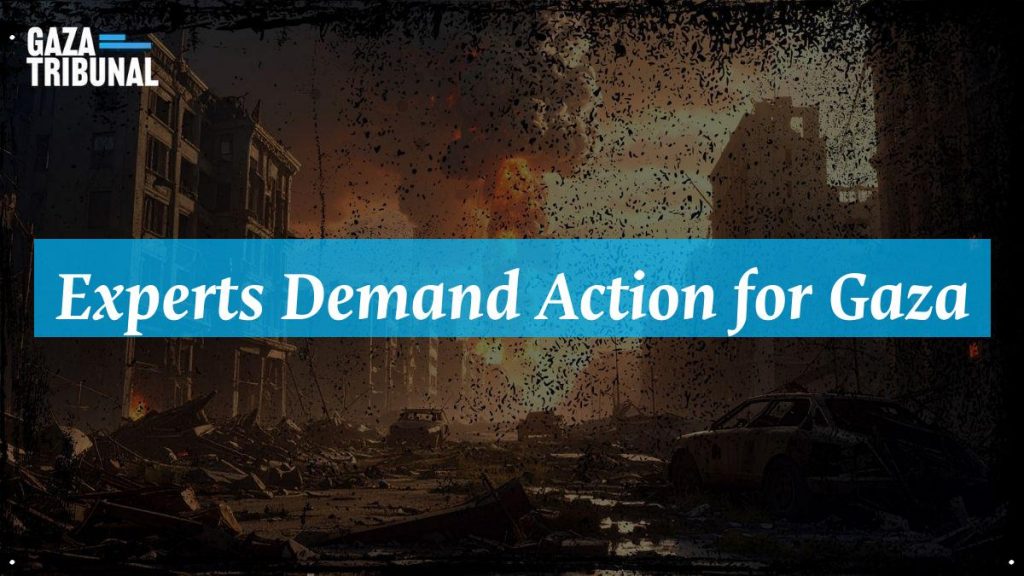A wave of urgency sweeps through the halls of power as scholars and activists unite. They stand firm, demanding action from the United Nations to halt Israel’s relentless assault on Gaza. Richard Falk, a prominent figure in this movement, speaks with conviction about the failure of global legal systems. His words resonate deeply: “Law has failed because it has not been enforced.” It’s striking how often we hear calls for justice that remain unheeded! The Responsibility to Protect principle hangs like an unfinished sentence in international discourse—designed to prevent atrocities but rarely acted upon.
As discussions unfold at press conferences and rallies worldwide, one can’t help but wonder if real change is possible. Countries are beginning to recognize Palestinian statehood; yet symbolic gestures fall short without tangible consequences. Falk criticizes governments that arm Israel while professing support for peace—a glaring contradiction! Meanwhile, life continues its grim march within Gaza itself where families face daily horrors amidst ongoing violence and displacement. Eyewitness testimonies capture these stark realities—the human cost behind political debates echoes louder than any resolution ever could. Justice demands more than mere words; it requires action where suffering persists most acutely—in places like Gaza today.
The Call for Action in Gaza

A group of scholars and human rights defenders recently made headlines. They urged the United Nations to create an international military force aimed at stopping Israel’s ongoing war on Gaza. Richard Falk, a prominent figure in this movement, emphasized that global legal systems have failed Palestinians time and again. He pointed out how law has not been enforced effectively, leaving many vulnerable.
Falk’s call centers around the principle known as Responsibility to Protect (R2P). This principle emerged after tragic events like those in Rwanda and the Balkans back in 2005. While it sounds promising on paper—cited numerous times by UN resolutions—it often lacks real enforcement when needed most! So why do we see such inconsistency?
A Multinational Force Proposal
The Tribunal is pushing for action from the UN General Assembly through a resolution called Uniting for Peace (377(V)). This measure allows them to act even if veto powers block decisions within the Security Council. Imagine a multinational force stepping into Gaza to protect civilians until conditions improve! It would mean lifting blockades and allowing humanitarian aid without barriers.
This plan also includes setting up internationally monitored elections once things stabilize—a crucial step toward restoring some form of normalcy amidst chaos.
Perspectives From Within
Life inside Gaza paints an entirely different picture than what political leaders discuss at their conferences. Families struggle daily just trying to find food while enduring relentless bombings overhead; it’s heartbreaking! In places like Nuseirat refugee camp, parents hold their children tightly while waiting hours for meals under scorching sun—what kind of life is that?
Eyewitness testimonies capture these harrowing experiences vividly, adding weight behind calls for urgent action against violations happening right now! Source
Justice Beyond Words
The demand from the Tribunal isn’t merely about legality; it carries moral weight too! Falk articulated something profound: “Law without action is an empty promise.” Those words resonate deeply with so many people worldwide who feel frustrated by mere talk without accountability or results.
Justice must extend beyond written documents—it needs presence where suffering occurs daily—in places like Palestine today… Let’s hope change comes soon because every moment counts!
Thanks for reading along with me today—I appreciate your interest in understanding these pressing issues better!


